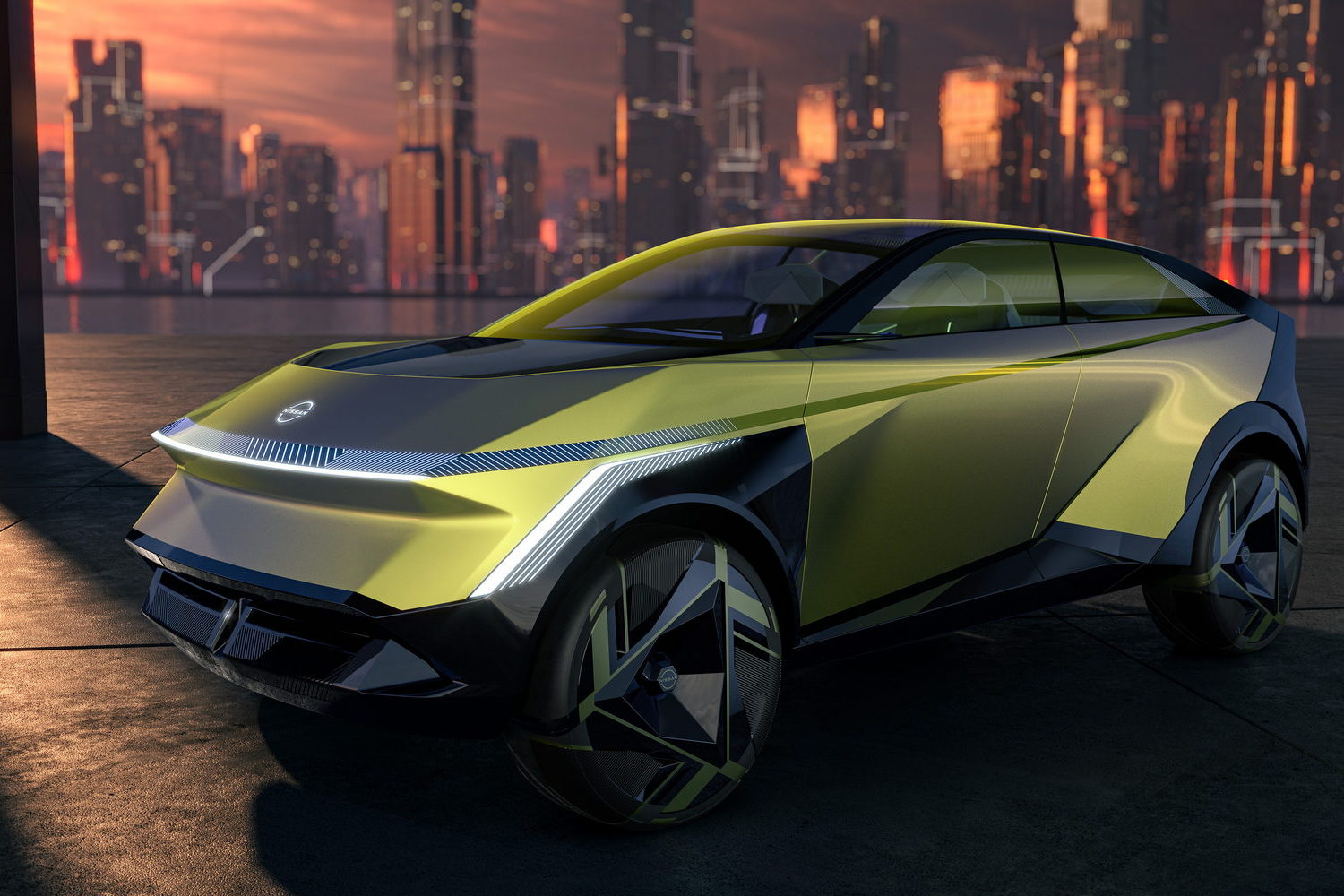Nissan has confirmed that it will build an EV version of the big-selling Qashqai crossover and build it in its Sunderland factory in the UK, alongside an all-electric Juke and a third-generation Leaf.
Concept-car inspirations
Nissan has been on the concept car trail recently, showing off futuristic fully-electric motor show specials linked by the word Hyper. It looks as if the Hyper Urban (more on that here) will heavily influence the new electric Qashqai while the Juke EV will take its cues from the Hyper Punk concept (again, more on that here). The next Leaf will look something like the previous 2021 Chill Out concept (see here).
Nissan is going to invest more than € 2 billion in the project, which is called the EV36zero project. It will include switching the Sunderland factory over to renewable energy so that the new electric cars are, essentially, starting off carbon-neutral when they roll out the gate.
All-electric future
Nissan President and CEO Makoto Uchida said: "Exciting, electric vehicles are at the heart of our plans to achieve carbon neutrality. With electric versions of our core European models on the way, we are accelerating towards a new era for Nissan, for industry and for our customers. The EV36Zero project puts our Sunderland plant, Britain's biggest ever car factory, at the heart of our future vision. It means our UK team will be designing, engineering and manufacturing the vehicles of the future, driving us towards an all-electric future for Nissan in Europe."
Nissan has previously said that all of its new model launches from now on will be fully electric, and it intends that its entire product lineup in Europe will be, by 2030, full EV.
All three models will use platforms shared across the Renault-Nissan Alliance, so it's likely that the Leaf and Qashqai will use the CMF-EV setup, currently found under the Renault Megane and Nissan Ariya, which would suggest one-charge ranges of up to around 500km. The smaller Juke will likely be twinned with Renault's retro-styled 4EV, so we suspect it will have a maximum range of around 400km. All of the new EV cars should get 22kW AC charging, making them very rapid to charge from kerbside points.
Battery 'gigafactory'
Alongside the new models, Nissan will create a battery 'gigafactory' next door to the Sunderland plant, which will turn out 30GWh worth of batteries every year - enough for about 100,000 new EVs. That battery factory will be built in association with the Envision energy company. Nissan has spoken about a third 'gigafactory' on the site but hasn't given any specific details yet as to whether that will be for batteries or for one of the new models.
It's possible that the third factory will be dedicated to making Nissan's new solid-state batteries, which the company is working on and which it says will be brought to market by 2028. Solid-state batteries are, in theory, more reliable than current lithium-based designs, faster to charge, and more energy-efficient.






